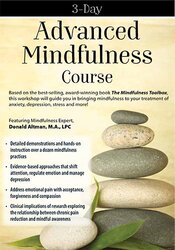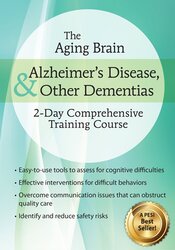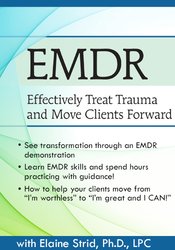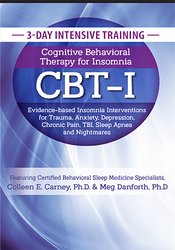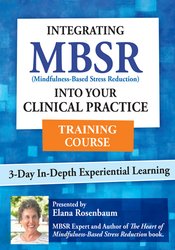Buy Jason M. Satterfield – Cognitive Behavioral Therapy for Daily Life Course at GBesy. We actively participate in Groupbuys and are committed to sharing knowledge with a wider audience. Rest assured, the quality of our courses matches that of the original sale page. If you prefer, you can also buy directly from the sale page at the full price (the SALEPAGE link is directly provided in the post).
We join Groupbuy AND always try to share knowledge with more people. Especially the quality is the same as salepage. You can buy directly at salepage, with full price. (link SALEPAGE are mounted directly on the post)
Jason M. Satterfield – Cognitive Behavioral Therapy for Daily Life
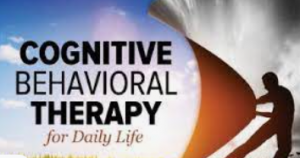
You talk to yourself all day long. We all do. Most of what we say carries no emotional weight: “Don’t forget to pick up the milk and bread.” Or, “I want to mention that book to my brother.” But sometimes, what we tell ourselves affects the very quality of our lives. We tell ourselves that we aren’t good enough, that our circumstances define us, that we can’t fix or change the things that seem to be weighing us down. This negative self-talk can follow us all day long and deeply impact our lives, whether we notice it or not.
How do we combat this negativity, especially when we seem to carry it around without really realizing the effect it can have on our daily life and its impact our mental health and happiness?
In the 24 compelling half-hour lectures of Cognitive Behavioral Therapy for Daily Life, Professor Jason Satterfield will help you build your own cognitive behavioral therapy (CBT) toolbox, giving you the skills you need to change those stories that hold you back and that keep you from experiencing your fullest life possible. Just like your physical toolbox, you’ll learn exactly which tools to gather and how and when to use each one most effectively. These tools aren’t magical quick-fixes, and they can’t accomplish everything you might want. But in using them appropriately, you will be building a life that is both more powerful and more peaceful than you had ever imagined.
Our previous course with Professor Satterfield on this subject, Cognitive Behavioral Therapy: Techniques for Retraining Your Brain, introduced the concept of CBT and demonstrated how it works and the ways it can be applied. This new addition to our exploration of CBT will help you further introduce these techniques and thought patterns into your daily life; it presents an array of new tools and many new scenarios to help you see CBT in action. These courses can be watched separately or as a pair, and both can be easily understood and applied on their own.
CBT: A Problem-Solving Approach
CBT was originally developed in the 1960s by a psychiatrist who had been using psychoanalysis to help his depressed patients—a process that could sometimes take years. But through experimental work, he discovered something he found completely surprising: His depressed patients were constantly experiencing streams of spontaneous, negative thoughts about themselves, the world, and their future. As he helped his patients evaluate these thoughts, they began to think more realistically, feel better emotionally, and function better. And the results of this emerging therapy were long-lasting.
The CBT approach helps us because it’s almost never just the situation at hand that directly affects our emotional health—it’s our thoughts about the situation. We’ve all seen this in our own lives when we’ve witnessed one divorced friend sink into a years-long downward spiral, while another divorced friend rebuilds his or her life. We’ve seen one family member with a chronic illness withdraw into the smallest possible life while another person with the same illness maintains an interest in life and emotional growth. Divorce and chronic illness both present significant difficulties, but it’s how the person addresses those challenges that can make all the difference.
While CBT cannot put the marriage back together after divorce or miraculously cure physical illness, the CBT tools you’ll learn to use in this course will help you address many of life’s challenges in a way that best nourishes your emotional health. Those challenges might include:
Grief after the loss of a loved one;
Coping with chronic pain;
Get immediately download Jason M. Satterfield – Cognitive Behavioral Therapy for Daily Life
Marital conflicts;
Difficulties with coworkers;
Parenting challenges;
End-of-life issues; and more.
Building Your Personal CBT Toolbox
As Professor Satterfield demonstrates, the best way to envision CBT is to think of an equilateral triangle with the points representing behavior, cognition, and emotions. Each of these points influences the other two, with information and effects streaming in both directions. It is that intricate relationship between our behavior, cognition, and emotions that forms the foundation of CBT’s problem-solving tools. With the appropriate tools and skills for each situation, we can move toward “Wise Mind”—the equilibrium where we can best access the strength of both our rational and emotional selves to address the problem at hand.
In this skills-based course, you will learn about both cognitive and behavioral tools, each of which will help you move toward better emotion regulation and functional improvements. Among the CBT tools you will learn how to use and benefit from in this course are:
Self-assessment,
Thought records,
Activity scheduling,
Problem-Solving Therapy,
Exposure Therapy,
Somatic Quieting, and
Behavioral Activation.
And while you might not need to use every CBT tool right now, you will find some that can be applied in a wide variety of situations. Over time, as you really learn to incorporate CBT into your own life thr ough practice, you might develop “favorite” CBT tools that seem to be the most beneficial for you with the greatest efficacy in the shortest amount of time.
Watching CBT in Action
In Cognitive Behavioral Therapy for Daily Life, you’ll have the opportunity to be the proverbial fly on the wall of the therapist’s office. As you see actors portraying clients, you see Dr. Satterfield discussing his thoughts about the clients—explaining what he learns from what they do say and do not say, their body language, their willingness to take on and accomplish homework assignments, and more. He also explains which specific CBT tool(s) he chooses for each of the six clients and why:
Amanda, a 27-year-old single college graduate who moved back in with her parents after not being able to find a good job. Four years later, she is still there, resentful and afraid she will never have the future she imagined and worked so hard for.
Christian, a 35-year-old single man who has been struggling with insomnia for seven years, tossing and turning for hours before becoming exhausted enough to finally sleep.
David, a 73-year-old married father and grandfather whose colon cancer returned after earlier chemotherapy and surgery. The cancer is now inoperable, and David knows he is facing the end of his life.
Miriam, a 63-year-old widow and mother who works in school administration and worries about her finances and health. She recently lost her own mother and is tearful, sometimes depressed, and worries all the time.
Scott, a 50-year-old man who has become physically dependent on the high-dose opioids he has taken for years in response to back pain. Frustrated and angry, he feels betrayed by his doctors who now want him to taper off the drugs.
Stephen, a 44-year-old single man who describes himself as neurotic and sensitive. He copes with his anxiety by being quiet and detached, but then feels left out and overlooked. He often turns his hurt feelings into anger and withdraws from others.
Since several of these clients are shown in multiple sessions over time, you’ll see first-hand how they benefit from the implementation of CBT in their lives. And as you follow these clients, you’ll be developing the CBT tools you can use to help yourself and maybe those you love. These tools and skills will not only help you address problems, but will also help you learn to create and savor positive experiences that bring greater happiness, satisfaction, and meaning to your life.
Get download Jason M. Satterfield – Cognitive Behavioral Therapy for Daily Life
Buy the Jason M. Satterfield – Cognitive Behavioral Therapy for Daily Life course at the best price at GBesy.. After your purchase, you will get access to the downloads page. You can download all the files associated in your order at here and we will also send a download notification email via your mail.
Unlock your full potential with Jason M. Satterfield – Cognitive Behavioral Therapy for Daily Life courses. our courses are designed to help you excel.
Why wait? Take the first step towards greatness by purchasing Jason M. Satterfield – Cognitive Behavioral Therapy for Daily Life courses today. We offer a seamless and secure purchasing experience, ensuring your peace of mind. With our trusted payment gateways, Stripe and PayPal, you can confidently complete your transaction knowing that your financial information is protected.
Stripe, known for its robust security measures, provides a safe and reliable payment process. With its encrypted technology, your sensitive data remains confidential throughout the transaction. Rest assured that your purchase is protected.
PayPal, a globally recognized payment platform, offers an additional layer of security. With its buyer protection program, you can feel confident in your purchase. PayPal ensures that your financial details are safeguarded, allowing you to focus on your learning journey.
Is it secure? to Use of?
- Your identity is completely confidential. We do not share your information with anyone. So it is absolutely safe to buy the Jason M. Satterfield – Cognitive Behavioral Therapy for Daily Life course.
- 100% Safe Checkout Privateness coverage
- Communication and encryption of sensitive knowledge
- All card numbers are encrypted using AES at relaxation-256 and transmitting card numbers runs in a separate internet hosting atmosphere, and doesn’t share or save any data.
How can this course be delivered?
- After your successful payment this “Jason M. Satterfield – Cognitive Behavioral Therapy for Daily Life course”, Most of the products will come to you immediately. But for some products were posted for offer. Please wait for our response, it might take a few hours due to the time zone difference.
- If this happens, please wait. The technical department will process the link shortly after. You will receive notifications directly by e-mail. We appreciate your wait.
What Shipping Methods Are Available?
- You will receive a download link in the invoice or YOUR ACCOUNT.
- The course link always exists. use your account to login and download the Jason M. Satterfield – Cognitive Behavioral Therapy for Daily Life course whenever you need.
- You only need to visit a single link, and you can get all the Jason M. Satterfield – Cognitive Behavioral Therapy for Daily Life course content at once.
- You can do your learning online. You can be downloaded for better results and can study anywhere on any device. Make sure your system does not sleep during the download.
How Do I Track Order?
- We always notice the status of your order immediately after your payment. After 7 days if there is no download link, the system will automatically complete your money.
- We love to hear from you. Please don’t hesitate to email us with any comments, questions and suggestions.
![GBesy [GB] GBesy [GB]](https://www.gbesy.com/wp-content/uploads/2023/05/gbesy-Logo-full-100.png)

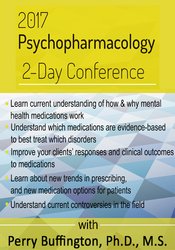




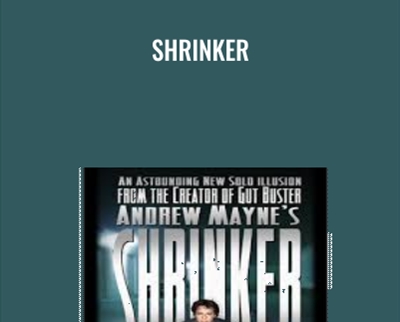


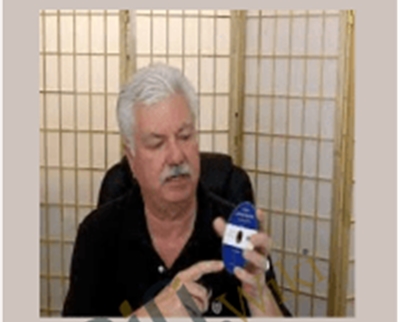

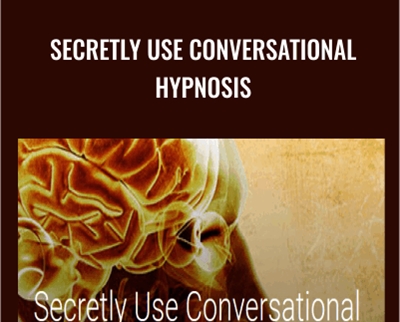











![2010 Edition-Market Analysis [Software (WIN)] - Timing Solution Advanced](https://www.gbesy.com/wp-content/uploads/2023/06/Timing-Solution-Advanced-E28093-2010-Edition-E28093-Market-Analysis-5BSoftware-WIN5D.jpg)
![[ETA] Energetic Throat [Chakra] Activation - Rudy Hunter](https://www.gbesy.com/wp-content/uploads/2023/05/Rudy-Hunter-5BETA5D-Energetic-Throat-5BChakra5D-Activation.jpg)




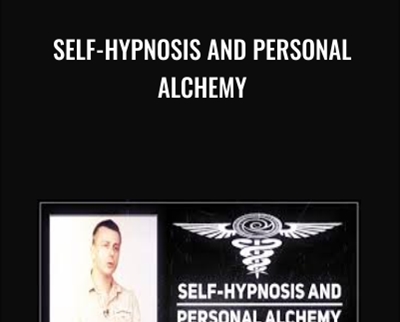
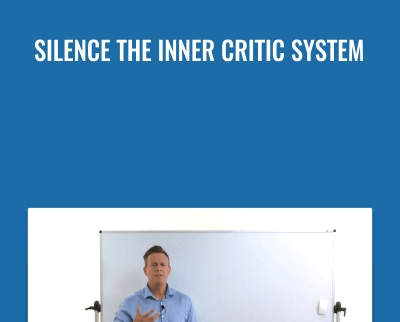
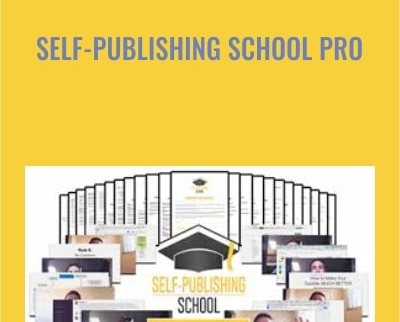



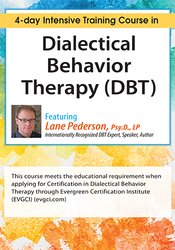












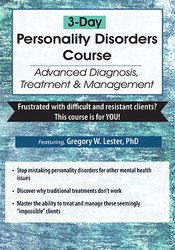

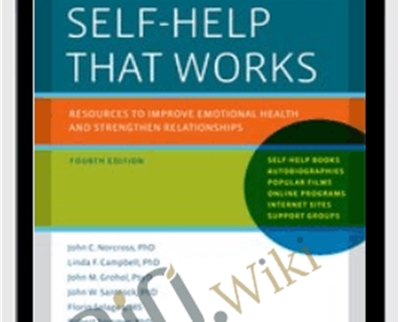








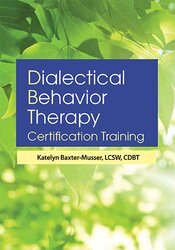




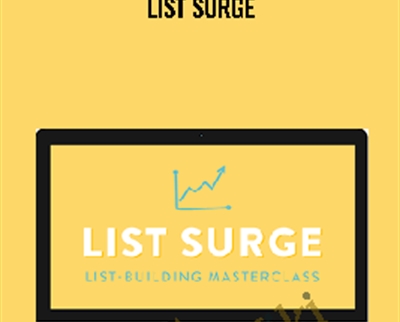


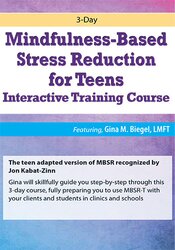





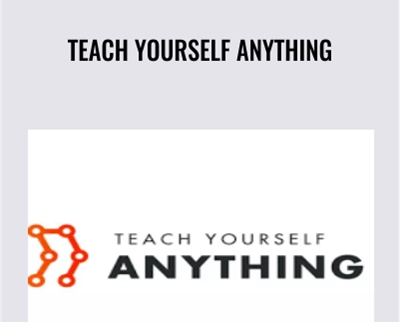







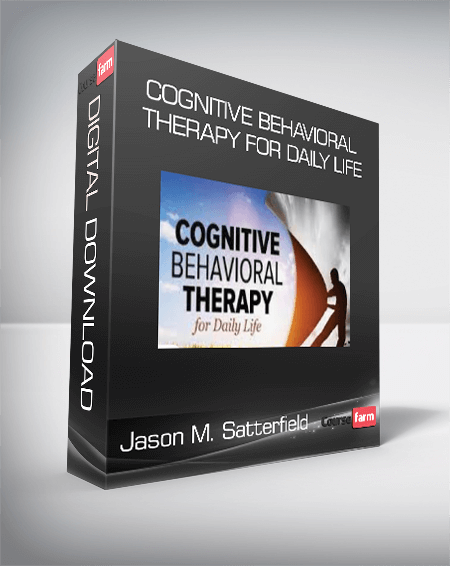
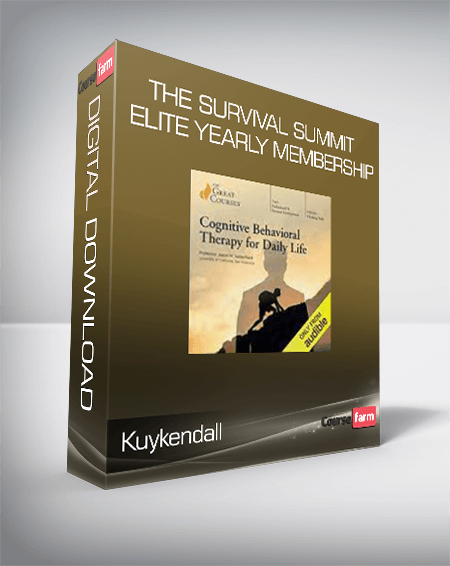

 Purchase this course you will earn
Purchase this course you will earn 